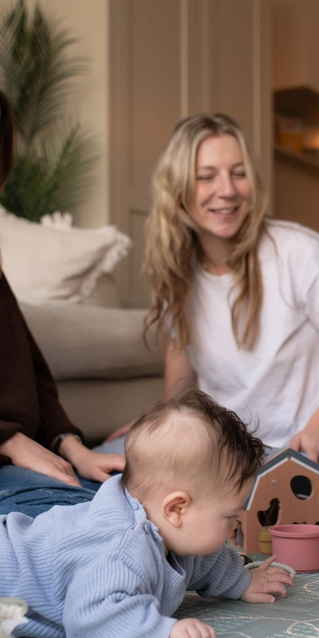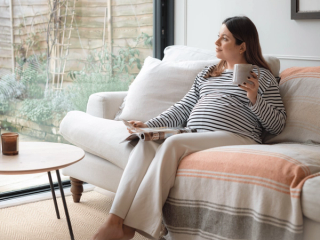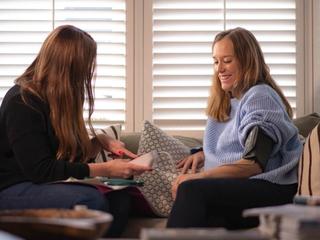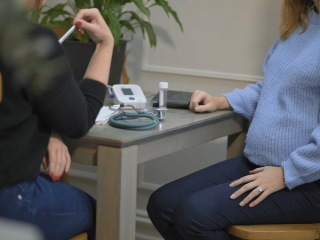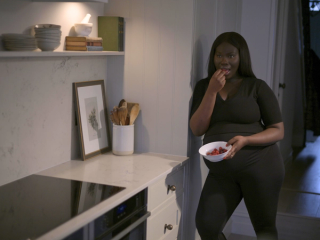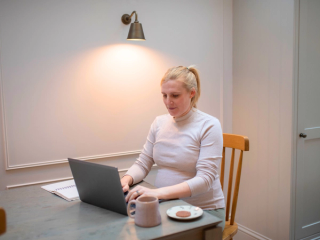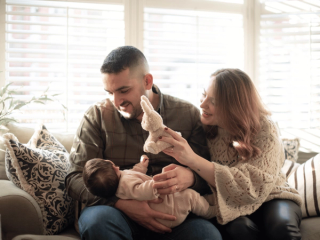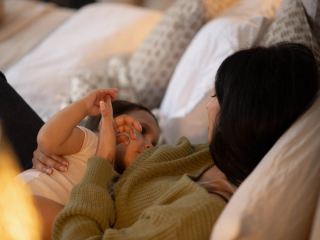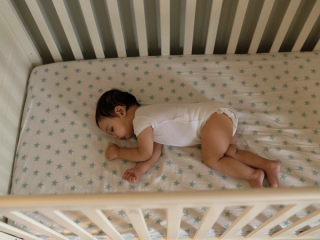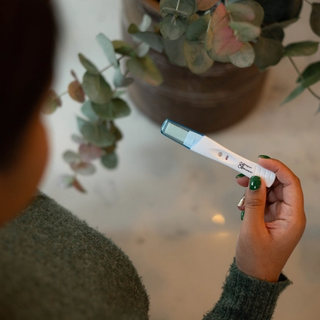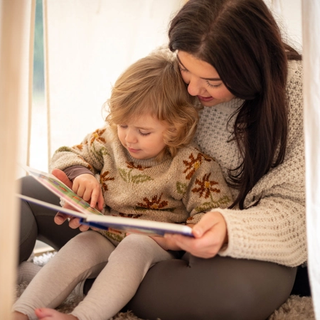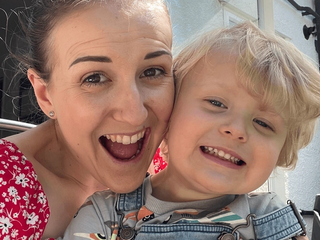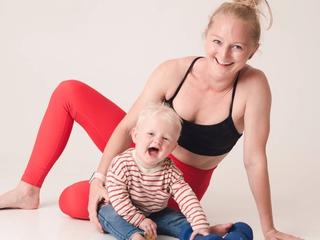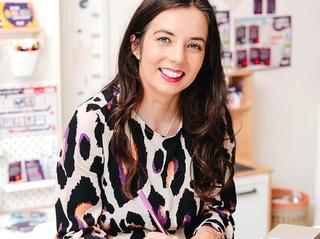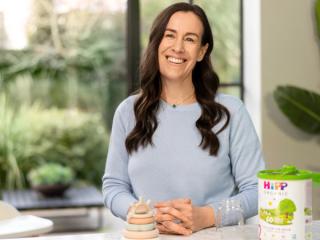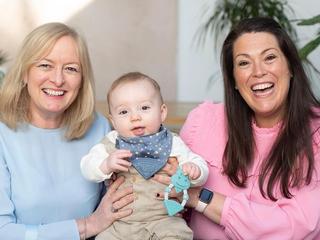- Home
- Advice Hub
Welcome to parenthood!
A place where the tea’s always cold, the tantrums run hot, and the struggle is real. We’re here to support you from conception to toddlerhood, through the good days and bad, answering all your big and small questions with parenting advice, tips and insights from experienced parents, industry experts and medical professionals.
Top Reads
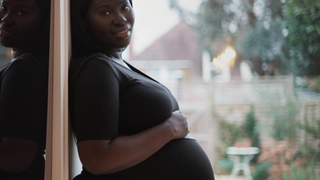
Expecting a baby?
Congratulations! You're making a tiny person. Here, we guide you through every step of this extraordinary journey, from what to expect and how to look after yourself during your pregnancy to getting ready to hold your baby for the first time.

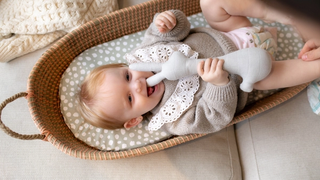
Welcome to parenthood!
There's so much to look forward to – and a lot to take in. Since your little one didn't come with an instruction manual, we've compiled all the advice for new parents you need to know – right here.
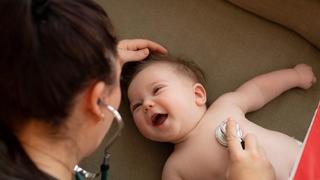
Advice and support from our experts
Our team of experts are here to support you from conception to toddlerhood, through the good days and bad, answering all your big and small questions with tips and advice from experienced parents, industry experts and medical professionals.
